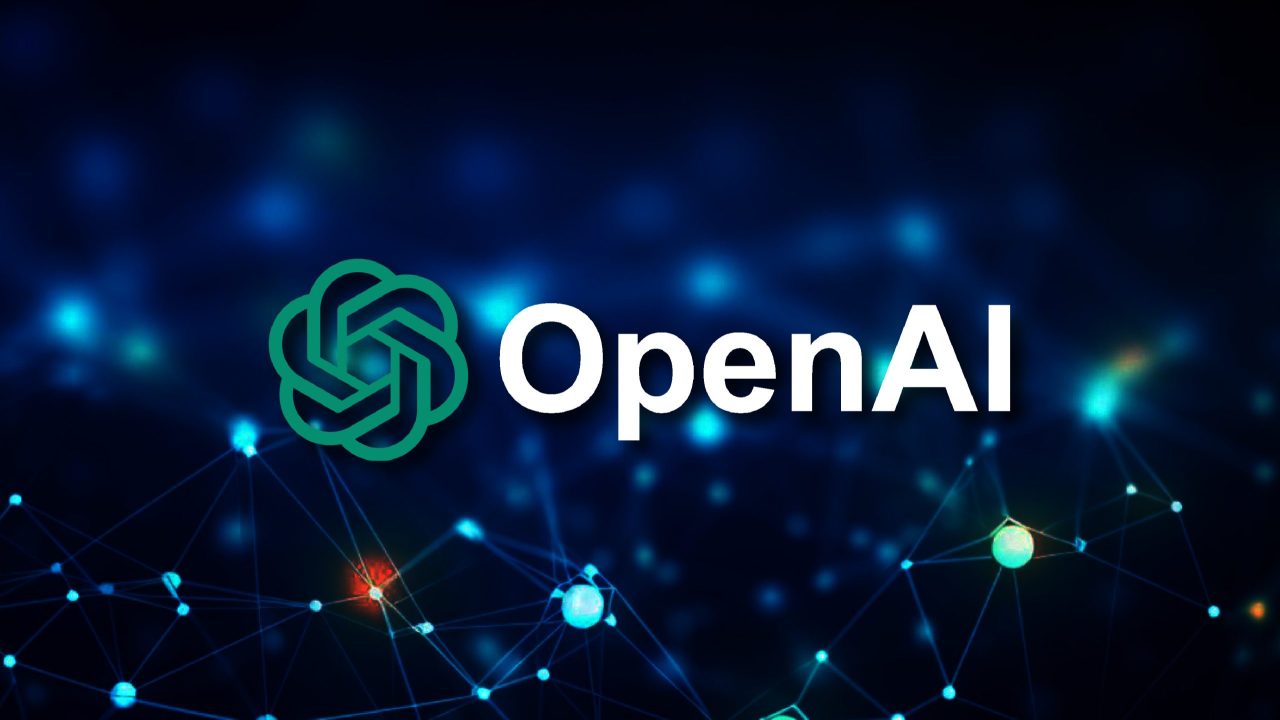Openai is on the verge of finalizing its custom artificial intelligence chip design. According to the latest reports, the initial mass production process of the chip can begin in the first half of the year at TSMC factories.
By designing this dedicated chip, Openai aims to reduce its dependence on Nvidia’s graphics processors currently used in the training and implementation of large language models such as ChatGPT. The move shows that Openai seeks to create independent hardware infrastructure to accelerate the development and improve its artificial intelligence models.
The chip design team has made significant progress in Openai and is now in the final stages of designing this silicone piece. By completing this step, the chip design will be sent to TSMC for production. If everything goes through the schedule, the first examples of this new chip can be produced in the first half of next year.
Initially, the custom custom artificial intelligence chip will be used more to run trained artificial intelligence models and will not perform more sophisticated tasks. Although there may be technical challenges and high costs on the development of the chip, Openai seems to be determined to reach its goal. As the CNBC news channel reports, the initial production process of a chip usually takes about six months and costs millions of dollars. However, if Openai wants to pay more, TSMC can do this process faster.
Of course, there is no guarantee of success in the first attempt. If the initial chip is in trouble, Openai will have to repeat the process again to identify and fix the problem. This will naturally have more costs and time.
Previously reports of OpenAI’s use of the advanced A16 Angstrom TSMC process for the Sora model had been released. But it is still unclear whether this is the custom artificial intelligence chip whose design is in the final stages or is a different chip for specific applications. The chip design section of Openai, led by Richard Ho, is working hard with a team of about 5 experts. Broadcom also contributes to the project and supports the chip design process, though the exact amount of their participation is still unclear.
The name of the Openai dedicated chip has not yet been revealed, but its main purpose is to accelerate the process of training and implementation of sophisticated models of artificial intelligence. Initially, the production capacity of this chip will be limited and may increase in the future depending on the future needs of Openai. According to the planning, if everything goes as expected, mass production of this chip will begin in year 2. TSMC will use its most advanced 4nm technology to produce the chip. Also, the chip will have a systolic array architecture and high -powered memory (HBM) architecture, which is very similar to the architecture used in Nvidia’s artificial intelligence processors.
RCO NEWS















